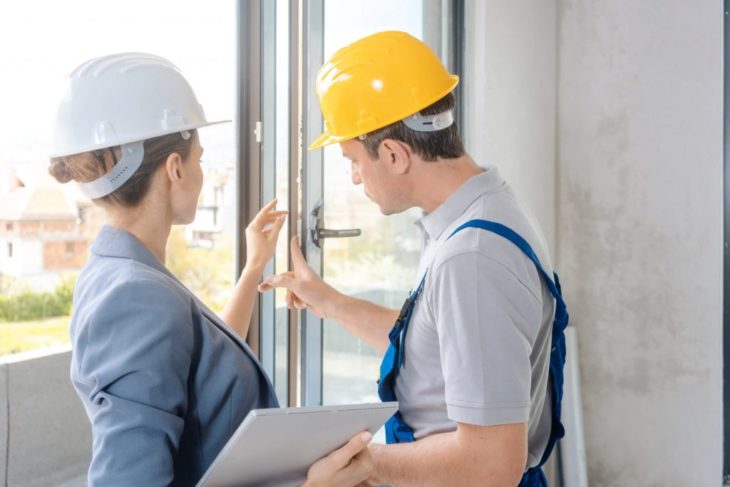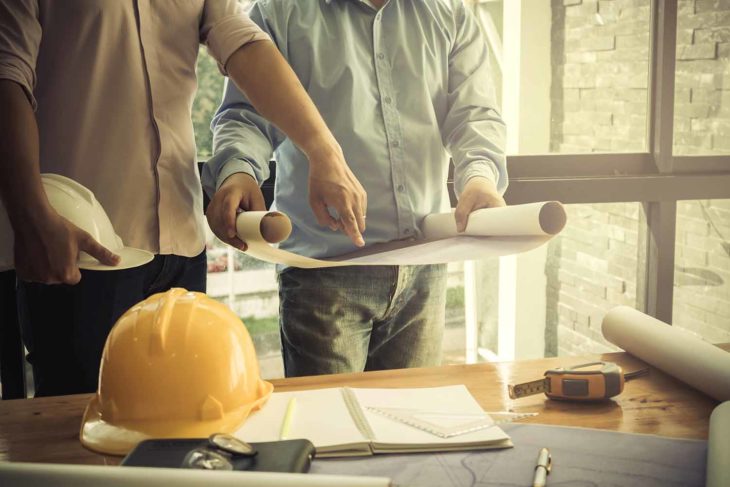A building inspector is an expert who is highly qualified to inspect both commercial and domestic properties. This is done to ensure that the properties comply with regulations and standards, as well as the original building plan. It is also their job to identify any defects that the home might have. While regulations differ from state to state, a country will have a very specific set of standards that all contractors and builders need to follow. If they fail to do so, it can result in serious consequences for the person responsible.
An inspection can be done before, during, and after the building has been built, and sometimes it can be done randomly to ensure that the builders are following the right standards. If you are looking at homes to buy, an inspection will also allow you to get an idea of the maintenance, repairs, or other issues that a home might have. You will likely have an emotional investment in the home, however, an inspector will not. They will tell it like it is.

Source: Bamaq Consórcio
Types of Issues That Can be Uncovered by an Inspection
According to the experts from www.house-inspections.com, the range of problematic areas, deterioration, defects, or damage will depend on the age of the property. Some issues that can be uncovered include:
- Structural Problems – if there are structural problems there might be a weakness in the roof, walls, foundation, or flooring. These problems pose a risk of collapse and possibly injuring anyone that is in or near the building.
- Electrical and Wiring Problems – this is one of the most important parts of inspections since poor wiring can result in a fire. Another thing that inspectors look at is whether the property has smoke alarms that can accurately detect smoke in case of a fire.
- Identifying Hazards – this can include identifying mold, asbestos, gas leaks, water damage, loose balustrades, or other dangerous materials.
- Wear and Tear – this is more common with poorly or older building and these types of defects can usually be uncovered in a house that is not yet purchased. This can be useful when a potential buyer calculates how much they would need to invest in renovating the home, as well as help them lower the price of the property.
Other tasks might include: checking the building plans, codes of practice, and regulations, inspecting the structure, material, and workmanship for compliance with the regulations, as well as gathering information by using cameras and surveying instruments.

Source: Rec Media
What Qualifications should the Inspector Have?
As you already know, buying a home is the largest investment that you will make in your lifetime, hence, it is important to have a proper building inspector that will examine your potential new home. It is best to hire an inspector with a license, as well as public liability insurance and professional indemnity insurance. Keep in mind that in some states, inspectors do not need a license, however, it is better if you get one that has it. You can also check if they are a part of a professional association just to make sure.
Conclusion
As you can see, having your home inspected before buying it can save you a lot of money later. It will also ensure that the home is secure for people to live in, prevent costly repairs later on, as well as allow you to lower the price if the seller does not want to do the necessary repairs.
